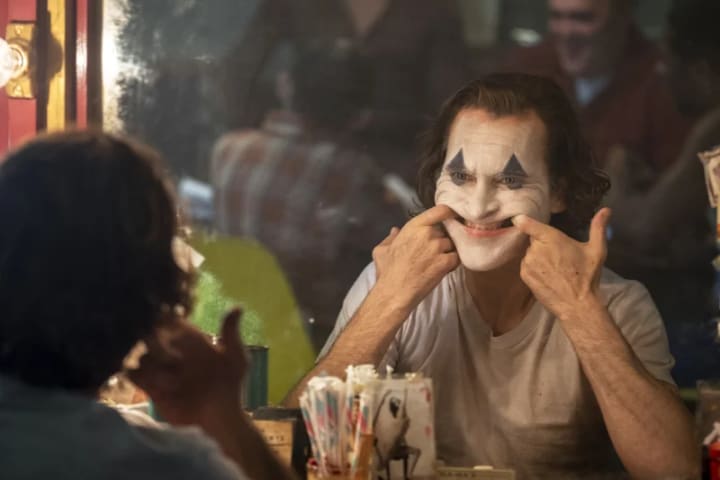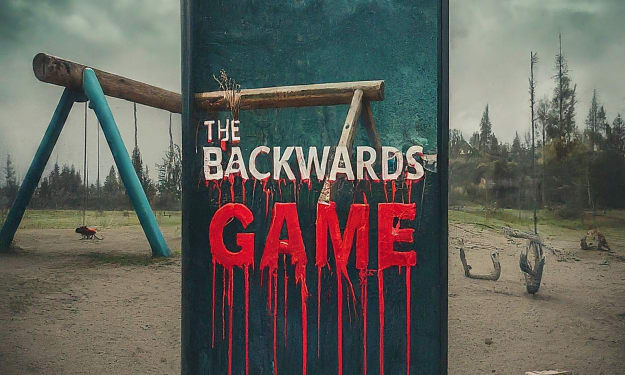
Coulrophobia is not something to be laughed at. This unreasonable fear of clowns can cause nausea and panic. Although it is a rare fear, many individuals find clowns weird, if not outright frightening. Why? Part of the solution might be found in the prevalence of evil clowns in popular culture—think Pennywise from Stephen King's It (1986). Clowns, however, are feared for psychological reasons, according to studies.
To begin with, clown makeup might be frightening. It conceals not only the person's identity, but also their feelings. Worse, if the clown has a painted-on smile but is frowning, the makeup can send confusing signals. Then there's the unsettling quality of the makeup itself.
The oversized lips and brows distort the face, causing the brain to interpret it as human yet slightly odd. The oddness is heightened by the weird clown attire. Furthermore, clowns are exceedingly unpredictable and mischievous, which puts people on edge. Will they shoot you with water or hand you a flower?
These psychological discomforts cause dread, which is subsequently fueled by negative depictions of clowns in popular culture. According to some, John Wayne Gacy, an American serial murderer who acted as Pogo the Clown at charity events and children's parties in the 1970s, reinforced the image of the evil clown, and that cliché became widespread in horror films and books. So it's not surprising that, according to a 2016 poll, Americans were more terrified of clowns than of terrorist attacks or even death.
It’s been a rough few years for people who have a fear of clowns. In the wake of the ‘clown attack’ craze that reached a fever pitch in 2016, movies about creepy clowns have taken over the entertainment landscape. This fall alone, ads featuring the white-painted faces of characters like IT Chapter Two‘s Pennywise and the Joker were plastered across billboards and liable to pop up on TV or computer screens at any moment.
Earlier this month, Magnet Releasing even debuted a documentary about Wrinkles the Clown, the infamous Florida man whose work as a creepy clown-for-hire has gone massively viral in recent years. A local legend, Wrinkles is a 69-year-old retiree who will show up in a terrifying clown suit to scare the pants off anyone you ask him to — even your misbehaving child. In 2015, he told the Washington Post that he gets hundreds of phone calls a day requesting his services. “We know that there’s a human underneath and yet, you don’t know their identity,” a voiceover says of Wrinkles in the trailer for the doc. “That creeps people out.” Indeed.

Frank T. McAndrew, a professor of psychology at Knox College, adds that clowns have a long history of being seen as suspicious. “[Some of the] very first clowns were the court jesters who poked fun at kings and made people in high places uncomfortable. That’s why they exist,” he tells TIME of the history of clowns in medieval Europe. “They’re designed to make people afraid. If you go all the way back to the beginning of clownhood, they’ve always been bad. They’re pranksters, they play tricks.”
As David Kiser, director of talent for Ringling Bros. and Barnum & Bailey Circus, told Smithsonian Magazine in 2013, even going back to ancient times, clowns have always had a dark side. “In one way, the clown has always been an impish spirit,” Kiser said. “As he’s kind of grown up, he’s always been about fun, but part of that fun has been a bit of mischief.”
Of course, pop culture’s recent trend toward depicting clowns as menacing and murderous hasn’t helped to improve their reputation. “When people hear ‘clown,’ the first associations that pop into their head are the killer clowns in the movies — It, the Joker— and then John Wayne Gacy, the real-life mass murderer,” McAndrew says of the 1970s serial killer who became known as the “Killer Clown” for his volunteer clown work. “It’s kind of hard to get past all of that.”

However, while many people are apprehensive or fearful of clowns, both Nader and McAndrew agree that someone having an actual phobia of clowns, a.k.a. coulrophobia, is rare.
So if people are so scared of them, why does society’s fascination with creepy clowns continue to endure? McAndrew, for one, chalks it up to human nature.
“We like to learn about dangers in a safe way so that we’re prepared in some unknown future time to deal with them if they ever come our way. So by going to see IT and watching this evil clown lure children in and kill them, we learn strategies for avoiding that kind of fate ourselves,” he says. “We’re not consciously sitting there, watching the movie and thinking these things, but that impulse to like to scare ourselves is there.”
Like it or not, it seems like creepy clowns are here to stay.





Comments
There are no comments for this story
Be the first to respond and start the conversation.